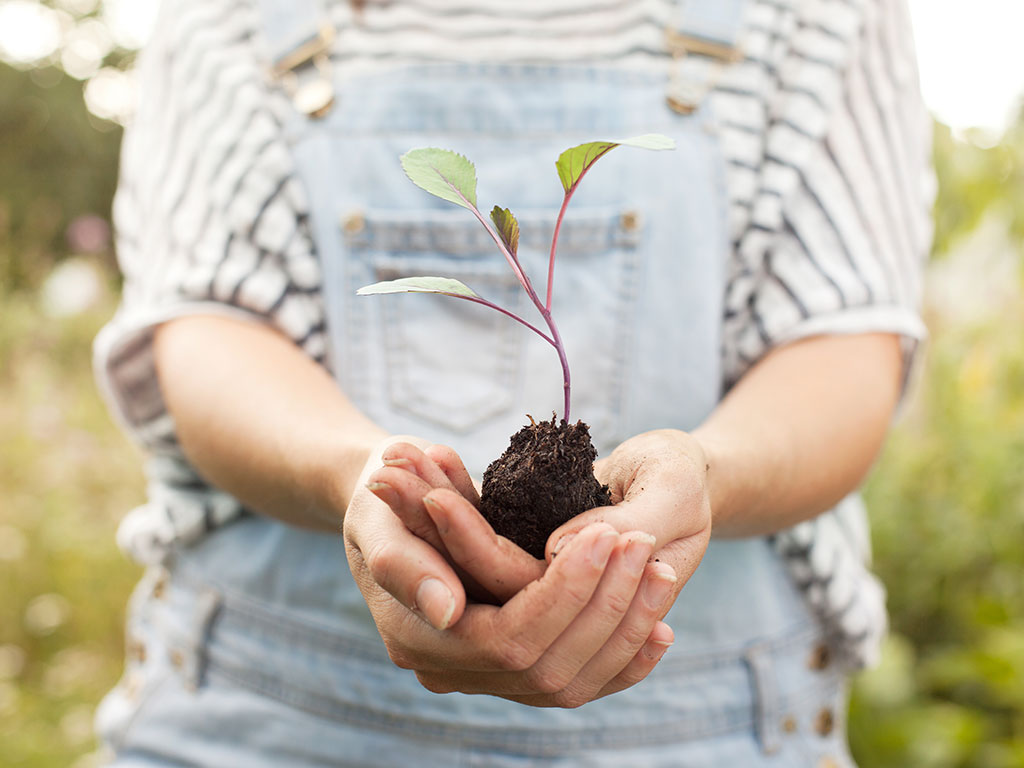M&S: “there is a compelling business case” for sustainability
Head of Sustainability at M&S tells The New Economy about the importance of sustainability in today’s business climate

British-based retailer M&S has aspirations to be the world’s most sustainable major retailer. Having partnered with Collectively to this end, the company’s stated ambition is to protect the planet, by – among other things – sourcing responsibly, reducing waste and helping the communities in which it works.
The New Economy spoke to Mike Barry, Head of Sustainability at M&S, about the retailer’s ethical and environmental goals, not to mention his hopes and fears for COP21.
There is a compelling business case for becoming more sustainable
What do you make of the Collectively.org initiative to connect people with organisations?
Collectively is a key initiative. It recognises that many companies are now working hard to improve the social and environmental impacts of their supply chains and operations but few are reaching out to engage with consumers to make their buying (use and disposal) habits more sustainable. Collectively brings business together to engage millennials globally in a joined up narrative about the need for more sustainable consumption and, crucially, frames the narrative positively by showing how mobility, food, fashion, design and technology can be transformed in the future so it is both better and more aspirational for the user as well as for people and planet.
Why do you think consumers, particularly millennials, are so concerned about sustainability?
Millennials are growing up in an era when a lot of the predictions of the past about the unsustainable way we live are becoming a reality. From climate induced extreme weather events to the replacement of jobs by automation; from designer food to the sharing economy enabled by mobile and digital technology, millennials are growing up in a time of enormous change. They want to achieve their potential, be happy, well and connected, and they want help and reassurance tackling the challenges that might stop them coming to be.
What can you tell us about the ways in which M&S is embracing clean energy?
M&S uses 100 percent renewable electricity in its operations, with 40 percent coming from small-scale de-centralised generators like communities and farmers. Similarly its got a target to ensure that 50 percent of the gas it uses operationally is bio-gas. It’s encouraging its food manufacturers and farmers to use renewables too, and its M&S Energy business only uses renewable electricity for its 250,000 customers
I’d love to hear more about Plan A 2020. Can you tell us what it is and what inspired it?
Plan A (because there is no Plan B for the one planet we have) was launched in 2007. A 100-point environmental and social plan, it committed M&S to improve every aspect of its business. Updated twice, it has seen over 170 commitments completed successfully on issues as diverse as animal welfare, fish sourcing, social standards in supply chains, packaging reduction, installing renewables and healthy food. Today 66 percent of the three billion items M&S sells has a Plan A story to tell and by 2020 it will be 100 percent. Every time one of our customers uses their Sparks Reward card we donate 1p to charity. Every M&S store is fundraising, volunteering and tackling youth unemployment in the community it serves. All our coffee and tea is Fairtrade and 100 percent of our palm oil and 97 percent of our wood sustainably sourced.
Why, as a major retailer, is it important to be sustainable?
There is a compelling business case for becoming more sustainable. Put simply it delivers a strong business case, making us leaner (£160m net saving last year from less waste), and ensures we are one of the most trusted brands in the UK; motivating our people; making our supply chains more resilient; and preparing us for disruptive shifts as new circular, personalised and transparent business models disrupt the marketplace.
What advice would you give to other retailers who perhaps don’t see sustainability as a key priority?
We lead the Consumer Goods Forum’s (CGF) sustainability work with Unilever. Across its 400 members we see many examples of other retailers and manufacturers working hard on sustainability. To those who stand a little further back on the journey we would offer the re-assurance of a strong business case and the collective opportunities to share learning and experience.
Finally, what are your biggest hopes and fears for COP21?
We are very clear, climate change is happening. We can see its growing impact, particularly through more extreme weather events, across our global operations. These impacts will only grow in the future. COP21 gives us a chance to cost effectively tackle climate change before the worst of its impact on people and the economy occur. Encouragingly many of the solutions we need to significantly reduce carbon emissions exist today, we now need to deploy them and scale their use. Conversely, we should be clear that failure at COP21 will have profound, negative implications for our way of life, even more so for people living in some of the poorest parts of the world.
Read more about Collectively here.













